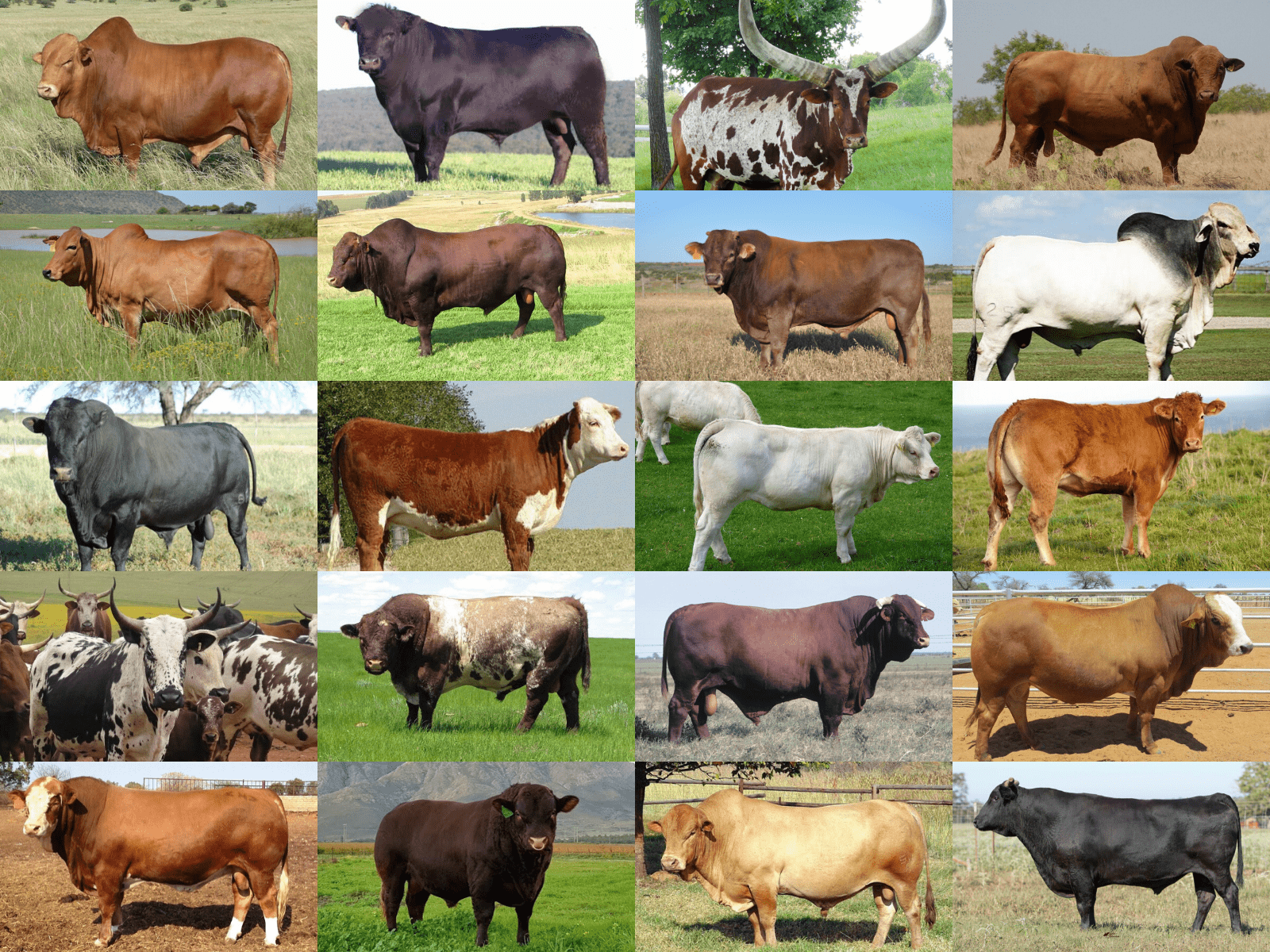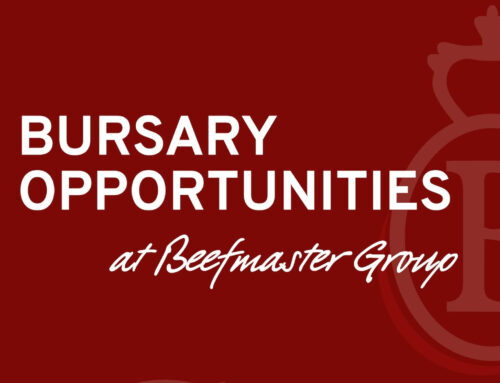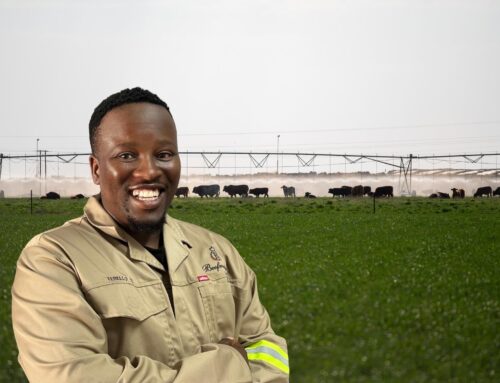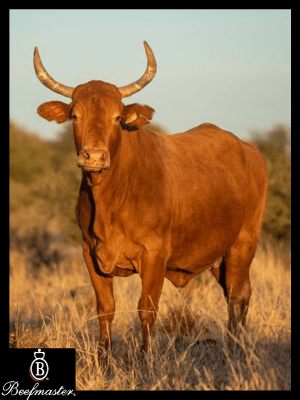 If you have burning questions about cattle farming, and where your beef products come from, we’d like to congratulate you on being a conscientious consumer!
If you have burning questions about cattle farming, and where your beef products come from, we’d like to congratulate you on being a conscientious consumer!
Rest assured, Beefmaster beef products are of exceptional quality, thanks not only to our processing and distribution teams, but first and foremost thanks to our cattle farmers and our humane cattle farming practices.
To find out more about what cattle farming in South Africa entails, what the local and global demands for exceptional quality beef look like, and the risks our farmers face, just keep reading!
Cattle Farming 101
The cattle farming industry can be divided into two key sectors – the first is the so-called cow-calf operations, and the second, the feedlots.
“Cow-calf operations” is the industry term for the breeding and raising of cattle for sale, for example to feedlots and groups like Beefmaster, or to tanneries for their hides, or medical companies for the production of insulin.
Cow-calf operations are driven to breed and raise quality offspring for the specific industry which they feed, be it raising beef cattle or dairy cattle, etc.
The Beefmaster Group is not directly involved in any cow-calf operations, or the breeding of cattle for the production of beef products.
Rather, we support several different local cow-calf operations and purchase their cattle bred for the feedlot once they have reached maturity.
This allows us to select and support only the very best cow-calf operations to supply our feedlot!
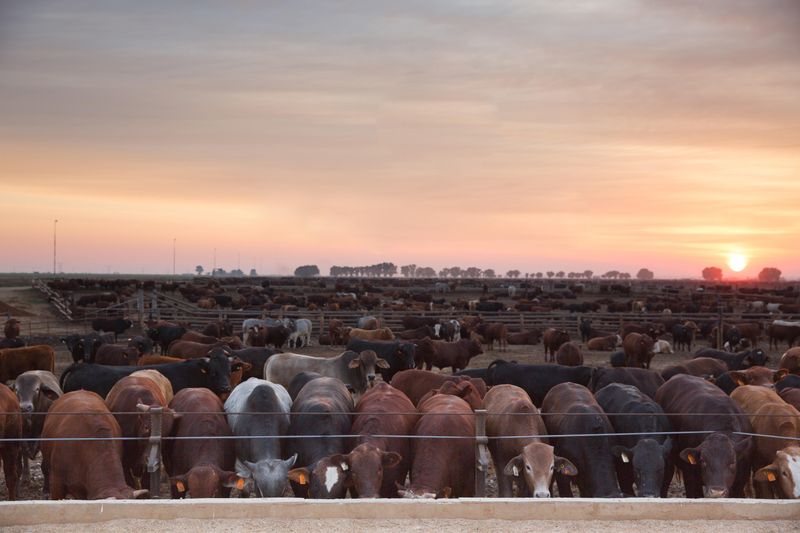
As the Beefmaster Group, we have our very own feedlot operation which supplies our processing and distribution chain.
A feedlot is where the purchased cattle go to enjoy their final days under the loving attention and care of our expert team of veterinarians, farmers and other cattle experts.
The feedlot is where they get the medical all-clear, enjoy the all-you-can-eat buffet and pack on the pounds before the next step in our beef product production process.
To learn more about the Beefmaster Group’s feedlot, you can take a look at our feedlot operations.
Beef Cattle Breeds
Here at Beefmaster, we don’t discriminate!
We purchase a wide variety of cattle breeds and customise our feedlot diet and care to their individual needs.
With that being said, there are a wide variety of cattle breeds available in South Africa (we even have our own indigenous breeds!), and some are better suited to beef production than others.
South African cattle typically bred for the beef industry include:
- Afrikaner Cattle, which are also particularly suited to dairy farming.
- Angus Beef/Aberdeen Angus, one of the first cattle breeds bred exclusively for beef production.
- Ankole Cattle, whose origins can be traced back all the way to Ancient Egypt thanks to their presence in hieroglyphics from the period.
- Beefmaster Cattle, a breed originally established in the USA by crossing Hereford, Shorthorn and Brahman cattle. In South Africa, we have our own hybrid breed, the Bonsmara, which is incredibly similar, being a cross between the Hereford, Shorthorn and native Afrikaner breeds.
- Bonsmara Cattle, like Beefmaster cattle, are 25% Hereford and 25% Shorthorn, but 50% Afrikaner cattle instead of being 50% Brahman cattle!
- Boran Cattle, originally from Ethiopia.
- Brahman Cattle, a breed first developed in the USA.
- Braunvieh Cattle, named for the colour of its coat.
- Charolais Cattle, a breed of French origin.
- Drakensberger Cattle, an indigenous breed.
- Hereford Cattle, the origin of which is uncertain.
- Limousin Cattle, named after their region of origin in France (like Champagne!).
- Nguni Cattle, known for their distinctive horns.
- Santa Gertrudis Cattle, who thrive on feedlots.
- Shorthorn Cattle, whose meat has good marbling.
- Simbra Cattle, a relatively new breed of cattle.
- Simmentaler Cattle, an ancient breed of cattle.
- Sussex Cattle, that hail from England.
- Tuli Cattle, part of the Sanga group, which, according to DNA tests have existed for over 2000 years!
- Wagyu Beef, which originated in Japan. The name literally means “Japanese Cow” in English.
For more information on these unique and wonderful cattle breeds, including pictures by which you can identify them on your next South African road trip, check out the South African National Heritage page on Beef Production.
The Cattle Farming Supply Chain
The basic cattle farming supply chain begins with:
- The basic inputs like feed, veterinary care and genetics, and proceeds to include;
- The production phase, which includes cow-calf operations and feedlots, and finally culminates into;
- Beef processing and;
- Distribution and marketing.
We are involved in the entire value chain, from rearing and farming, to meat processing and packaging through export and local distribution.
The Beefmaster operation is thus not strictly agricultural but includes everything from agriculture to the management of a fleet of road trucks, earth-moving equipment, veterinary science, and export expertise.
By centralizing the cattle farming production, processing, distribution and marketing phases, Beefmaster is able to ensure that we do beef best!
For more information on our operations, you can view an overview of each phase, or explore each aspect of our operations in-depth.
Local and International Supply & Demand
According to the Organisation for Economic Development’s Agricultural Outlook for 2018-19, the demand for quality South African beef products, both at home and abroad, will continue to grow in the foreseeable future.
They predict an up to 17% increased demand for our beef by 2028!
In fact, beef exports from developing countries, including South Africa, account for over 70% of the world’s available beef products!
That means that the beef industry in South Africa will only continue to grow in this decade!
With Beefmaster’s established markets in the Middle- and Far East, amongst others, our Supply Chain Executive, Roelie van Reenen, reckons we’re positioning ourselves favourably in the global market despite it becoming increasingly competitive out there.
Compared to the prices of other primary meat sources, including poultry and pork products, the price of beef has remained relatively stable since 2018, and this is due, in large part, to our robust export economy when it comes to quality beef products, and the global demand for them.
Despite the challenges of cattle farming in South Africa, Beefmaster remains optimistic about the future, and proud to provide exceptional quality beef to South Africa and the world.
Challenges of Cattle Farming in South Africa
What makes cattle farming in South Africa so expensive, and why is the increasing overhead cost of cattle farming a challenge in and of itself?
Keep reading to find out more about the biggest threats to, and money-drains facing, contemporary cattle farmers in South Africa.
Drought
According to Roelie van Reenen the pressure is really on for South African cattle farmers who cannot lower their costs through improved productivity like Beefmaster has.
Thanks to our exceptional marketing, the world knows all about Beefmaster and how we provide the world’s best quality beef – from farmer to retailer and beyond.
But, for some, the recent drought-years in South Africa have really hit hard, and it has become increasingly difficult to maximize productivity while minimizing overhead when farmers are having to buy in water and feed for their herds when they used to be self-sufficient on the farm.
Drought is thus one of the primary challenges of cattle farming in South Africa.
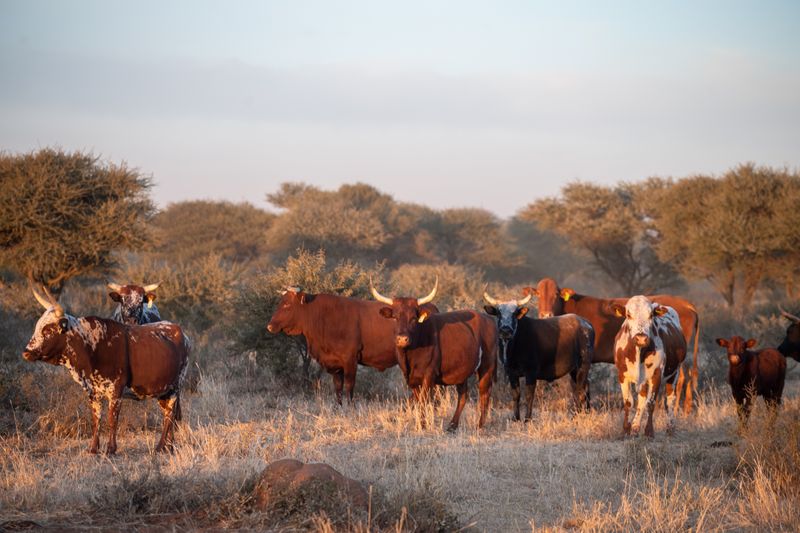
Fire
Going almost hand-in-hand with drought is the risk of veld fire, or wildfire in South Africa, and the threat that poses to local cattle farming operations.
With so many flammable materials, including hay, and other animal bedding, farms are surprisingly flammable, and it only takes one small spark to set a farm ablaze.
Equipment Failure
Equipment failure can set a cattle farmer back months in terms of both productivity and lost income.
As most large equipment manufacturers are located abroad, repairs are often a time-consuming and costly exercise.
While equipment failure may be more catastrophic to a dairy farmer than a cattle farmer, it can be crippling to those cattle farmers who farm and prepare their own feed, for example.
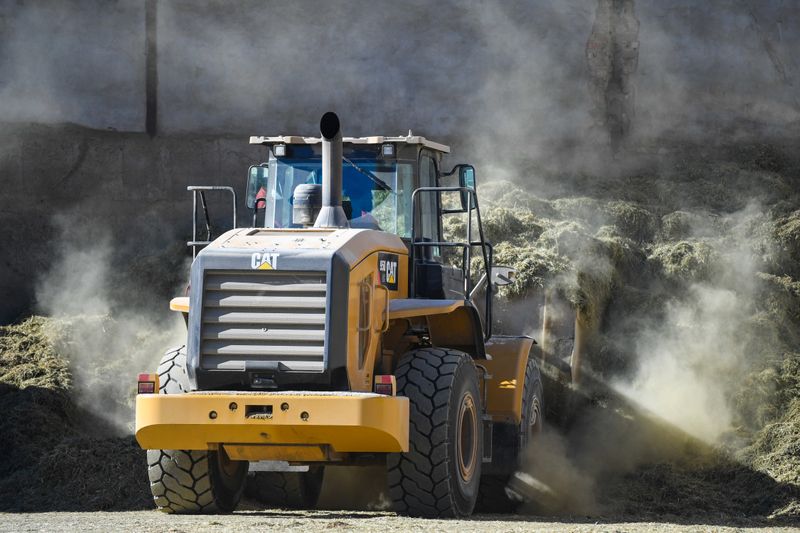
Having to outsource the production of, and purchase feed for a herd unexpectedly can be a financial drain from which it could be impossible to recover.
The only way to overcome these challenges is through careful planning and consideration of each and every step in the beef production process.
That is why Beefmaster is involved from farm to table, ensuring that not only are our beef products and our farming practices sustainable despite potential challenges, but that our clients can rest assured that Beefmaster beef products are exceptional in quality, cut and delivery!
To find out more about The Beefmaster Group, where you can purchase your Beefmaster beef products, or how we run our business, please feel free to explore our website further.
If you have any specific questions, we’d love to hear from you!
For general enquiries, you can contact us.
Otherwise, give us a call at any of our retail outlets for product-related information.
